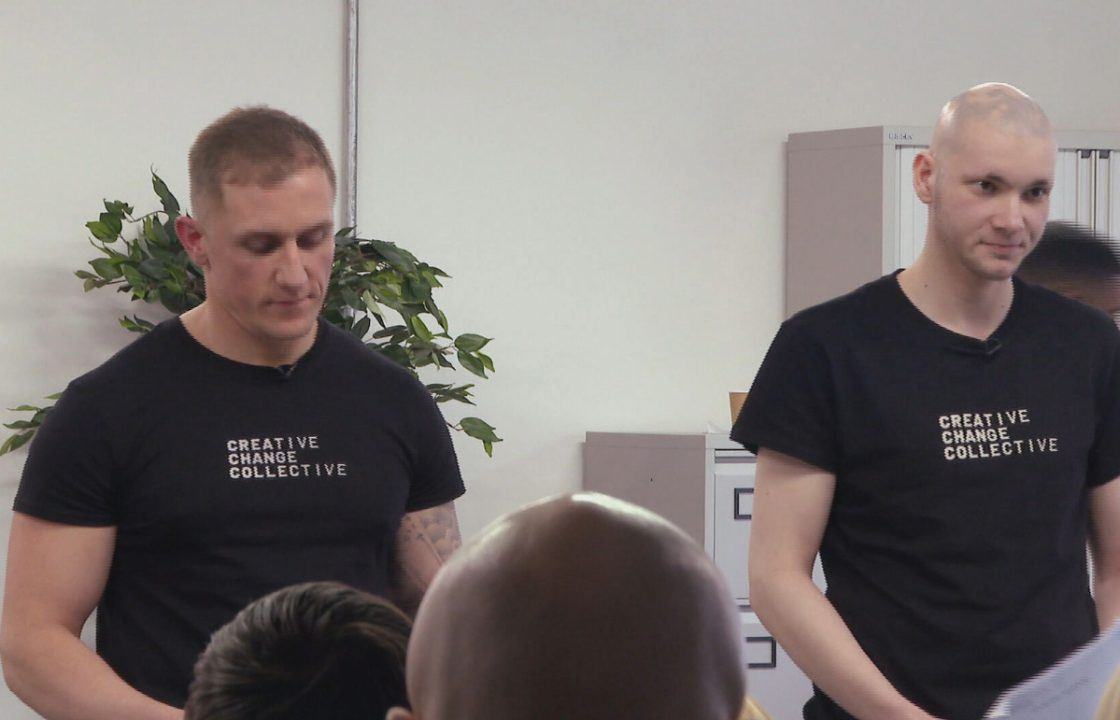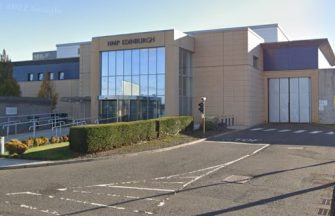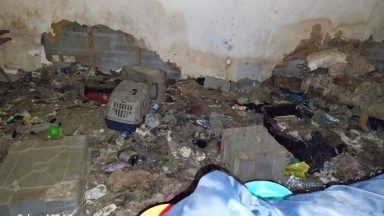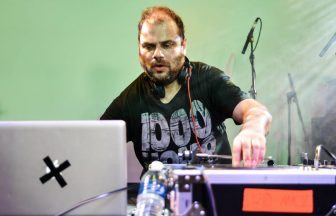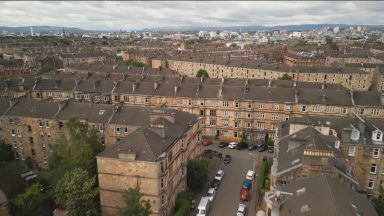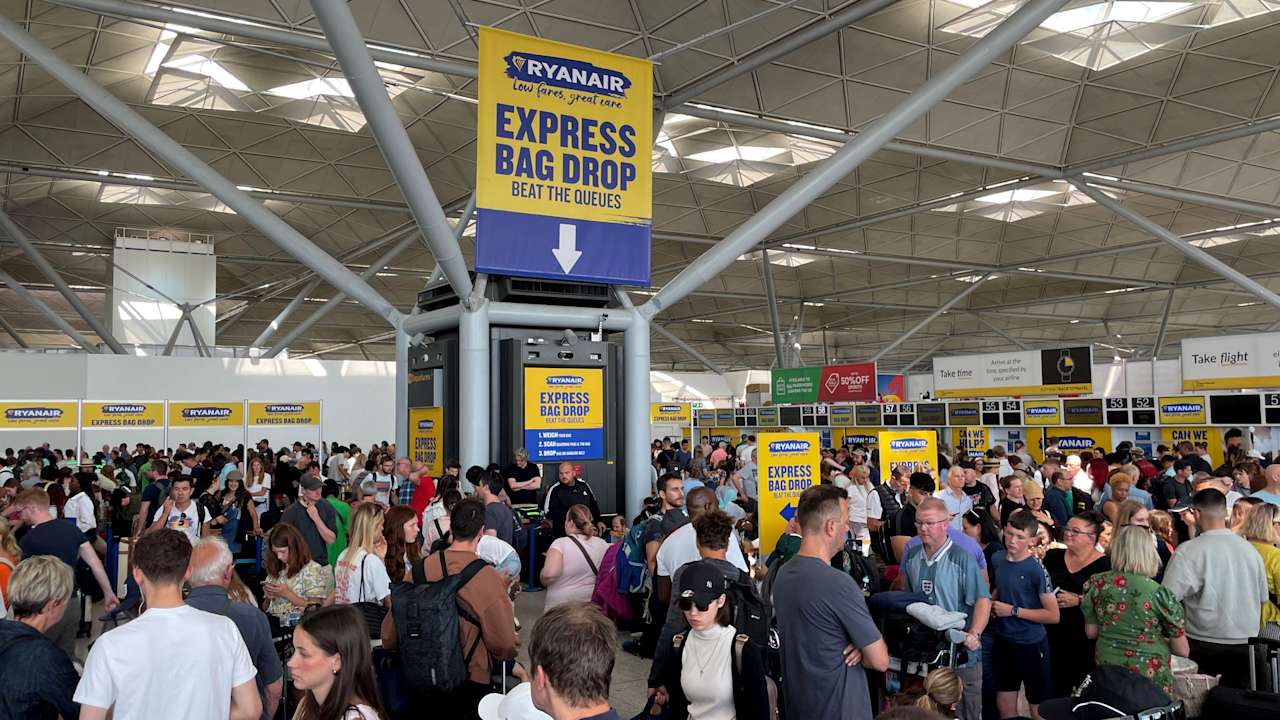Scotland’s prisons are under tremendous pressure.
The estate’s population is at its highest level since before the pandemic, with around 8,000 people currently behind bars.
A ministerial statement on the issue is expect at Holyrood on Thursday afternoon.
‘Stuff I’ve been through, I’ve tried to blank out‘
For a long time, much of the focus within prisons has been on rehabilitation schemes, which often centre around preparing for employment after release.
Now, however, three prisons across the west of Scotland – HMP Shotts, Barlinnie, and Low Moss, are trialling anonymous drama classes.
Around a quarter of prisoners are reconvicted within a year of being released. But it is hoped that schemes such as this will help to reduce that risk, by identifying what led them to offending.
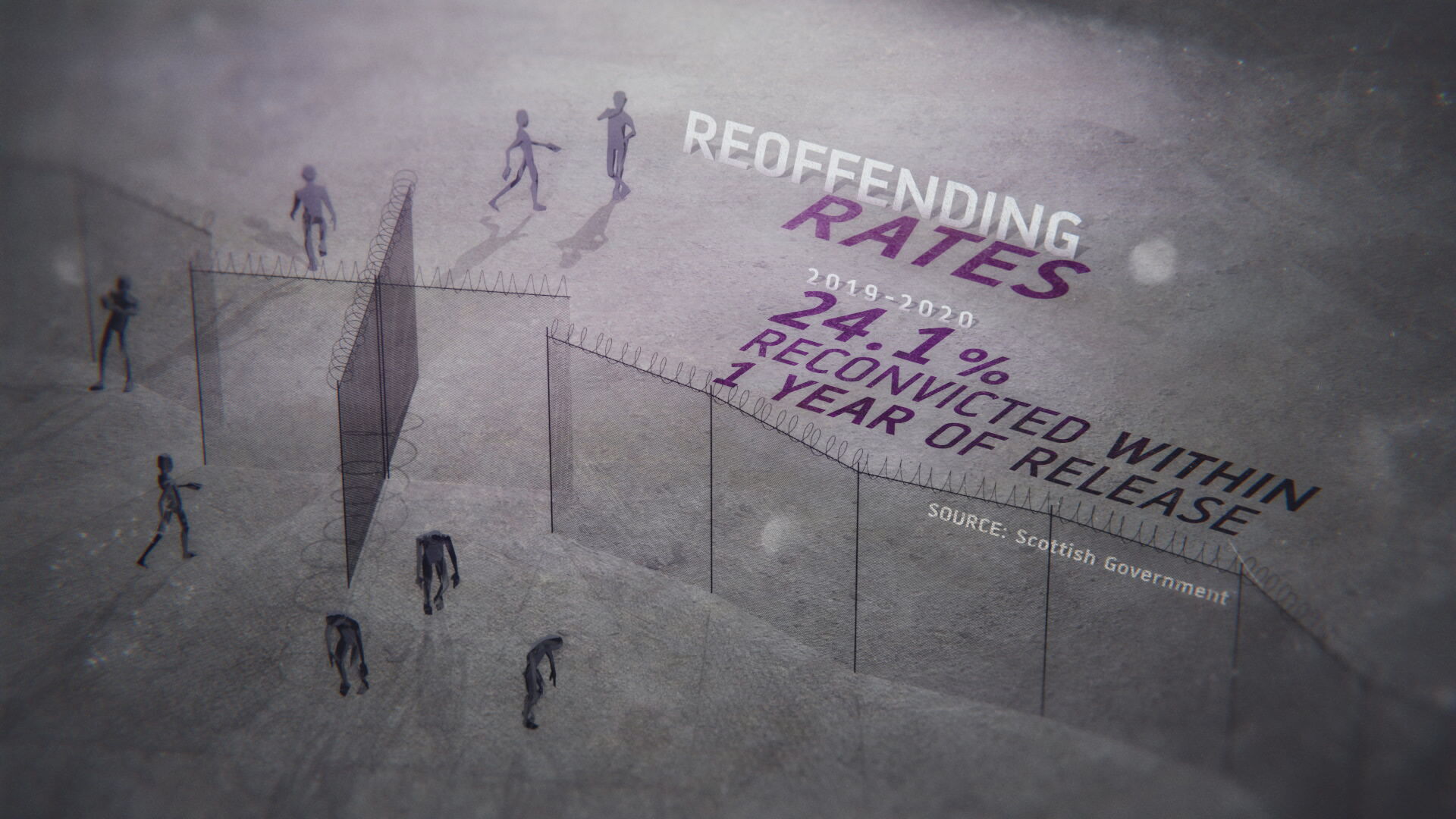 STV News
STV NewsScotland Tonight was given exclusive access to film at HMP Shotts over two days, to see how it works.
It houses around 550 male prisoners, who have been sentenced to at least four years behind bars.
Around a dozen have signed up to the anonymous drama programme, which runs over 12 to 16 weeks.
They’ve been taking part in workshops where they create characters and a storyline, focusing on a journey through the justice system.
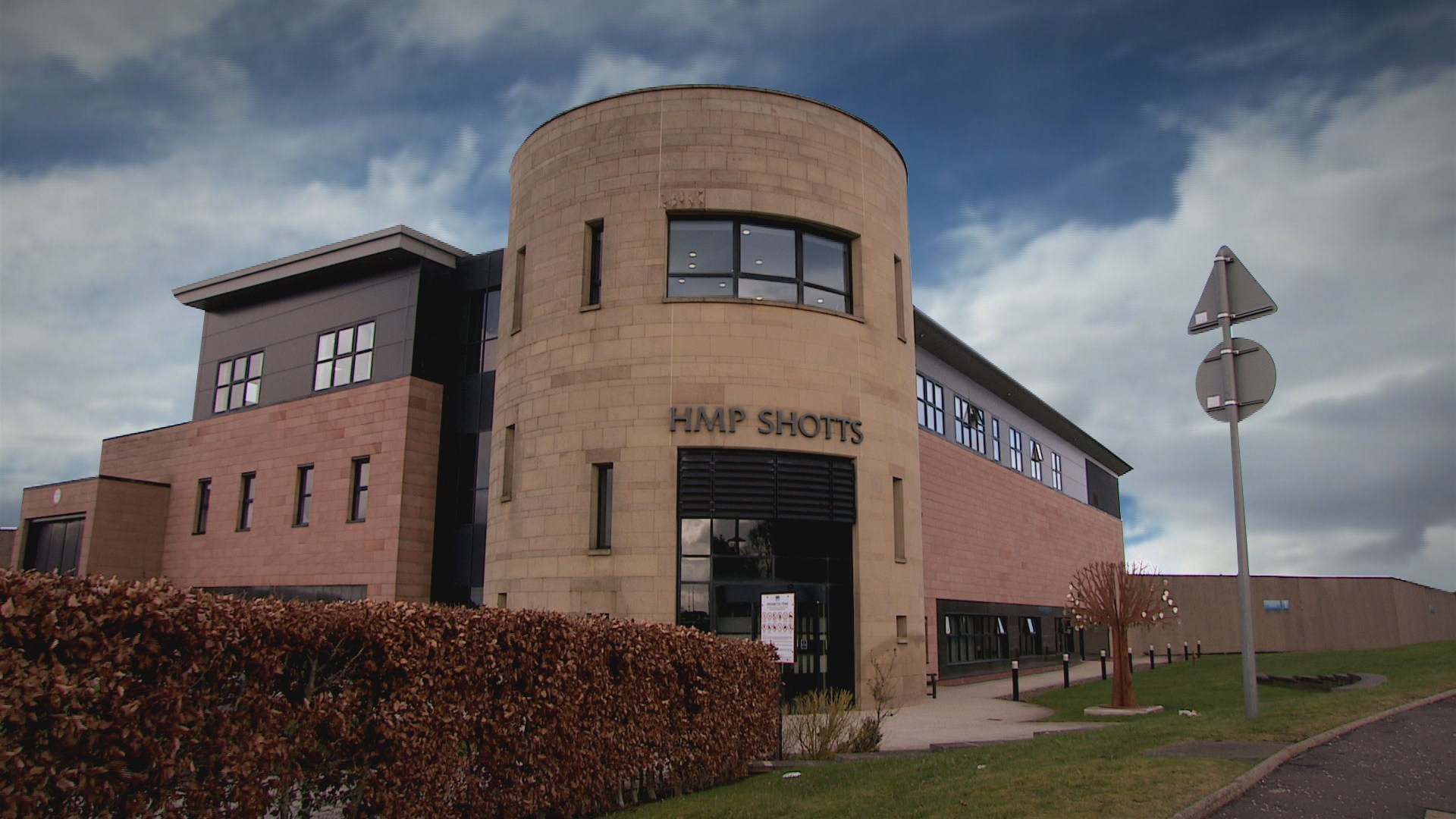 STV News
STV NewsAmong the participants is Chris*. He’s been in prison since 2013, when he was a teenager.
He said: “I’ve got PTSD… but when I’m doing this it just kind of… my brain goes completely blank and I’m just so in tune to what I’m doing at that moment in time.
“If I was up in my cell and I was just sitting there, I’d be stressed. I would have to use a stress ball and it doesn’t always work.
“Whereas if I’m out the hall when I’m out and about doing stuff like this and education, it’s good for that.
“Stuff I’ve been through, I’ve kind of tried to blank that out. I’ve tried to put that back of my mind and just never go back to it. Just keep it away. But after doing stuff like this, it just helps with that.”
The programme is run by the Creative Change Collective, a group which uses performance art to tackle social issues.
Project director Mark MacNicol told STV News: “In a justice sense, the intention is that it’s going to make them less likely to reoffend.
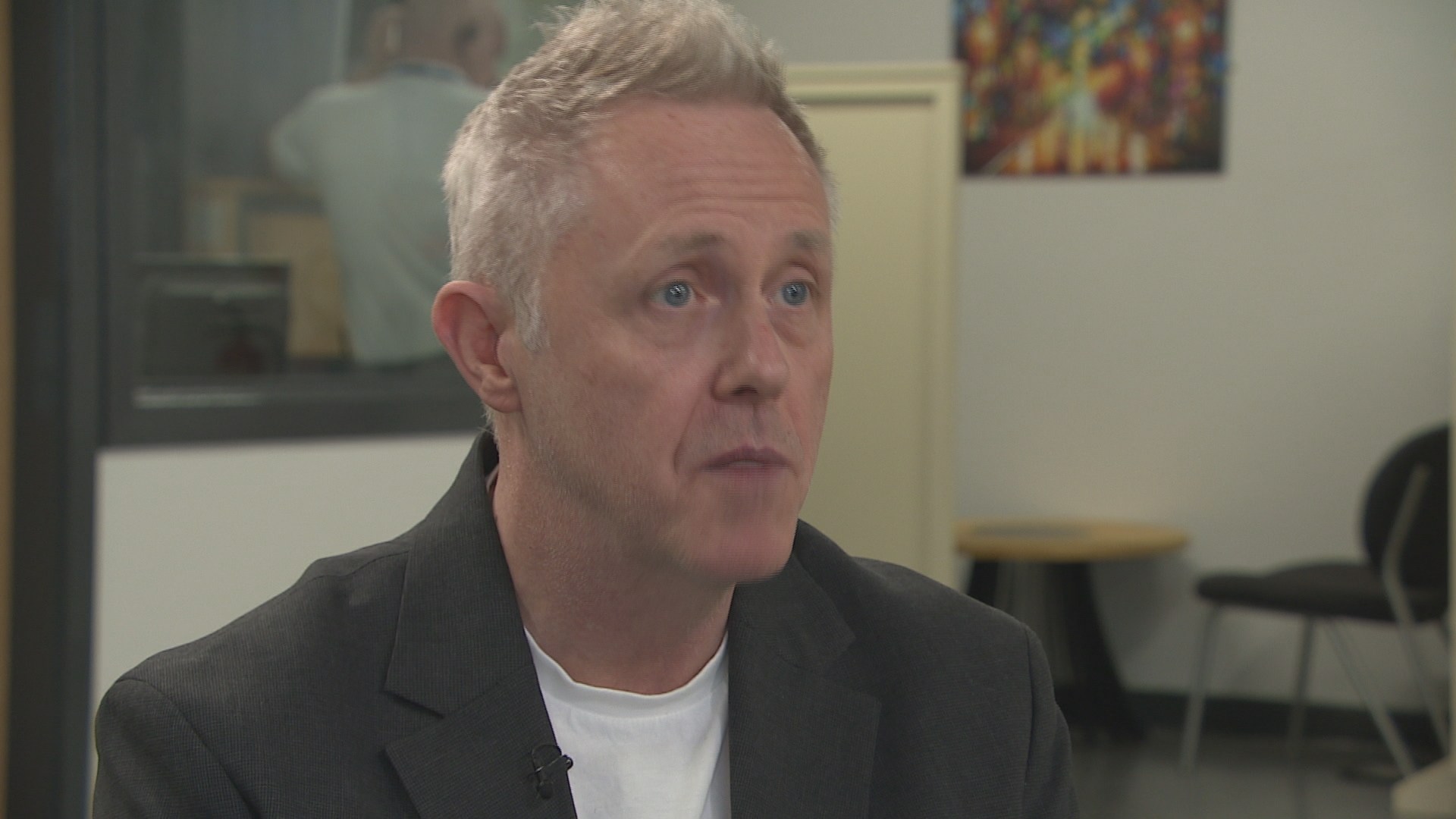 STV News
STV News“Speaking as a taxpayer myself, if I was given the choice between inmates being exposed to this type of work, which is very much rehabilitation focused, or not being given access to that type of thing where they get the opportunity to kind of do some work on themselves, I would much rather the individuals who are being released back out into society have had access to these types of programmes.”
Welfare office Bernie Bell was tasked with encouraging inmates to sign up for the programme, and takes part in the classes alongside them.
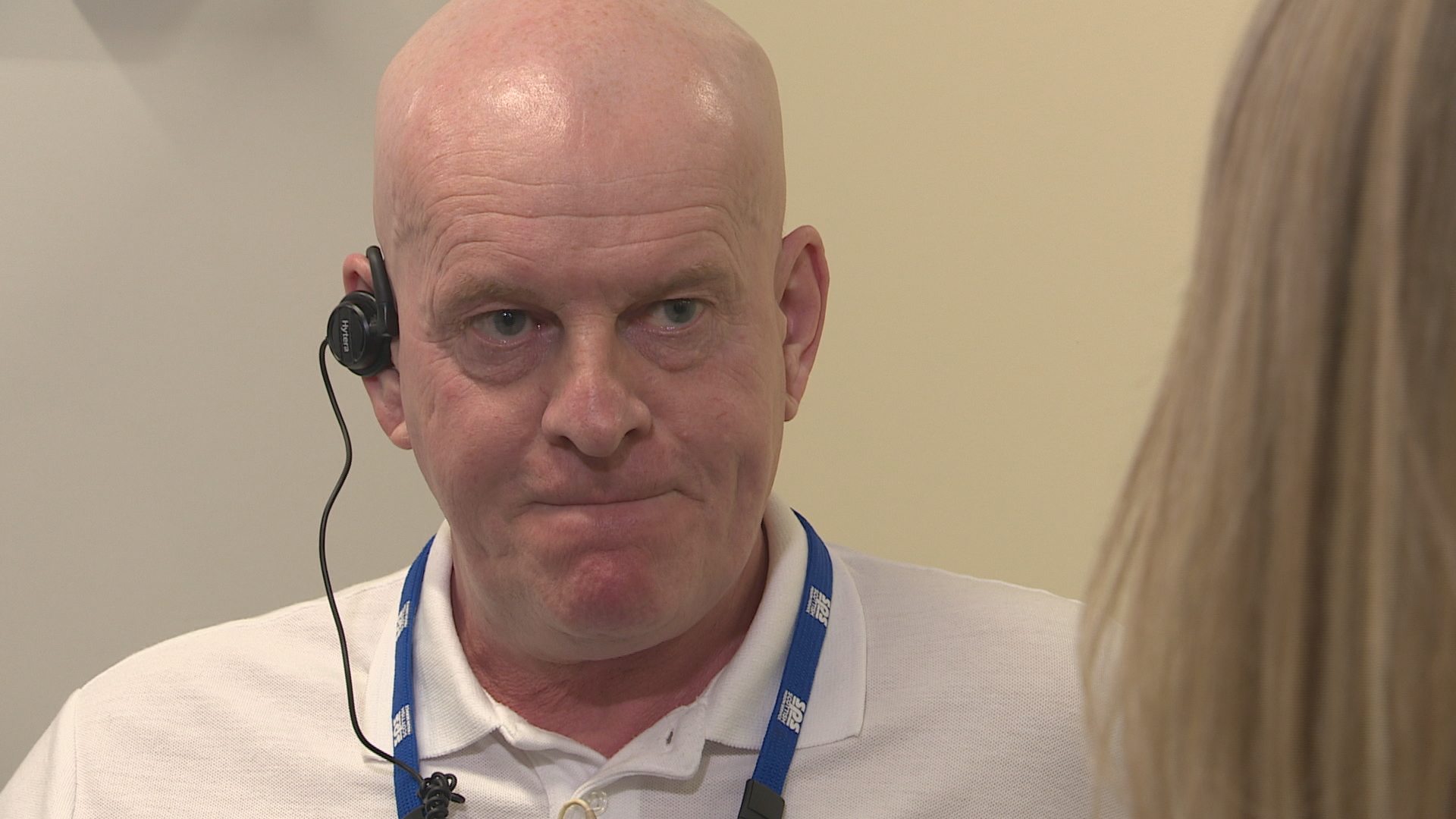 STV News
STV News“As the weeks progressed you could see the confidence growing in them and the connection with them,” Mr Bell told STV News.
“The whole purpose of this is they come up here and they can make a connection with myself, my colleagues up here, and that will hopefully transfer back down the residential area.
“The residential is a really stressful environment… they can become anxious. It’s quite a stressful environment.
“So up here is good for them and we can only hope the connections they make up here will transfer back into the hall.”
Finlay Begg, the deputy governor of HMP Shotts says while it is a unique approach to rehabilitation, he strongly believes in its merits.
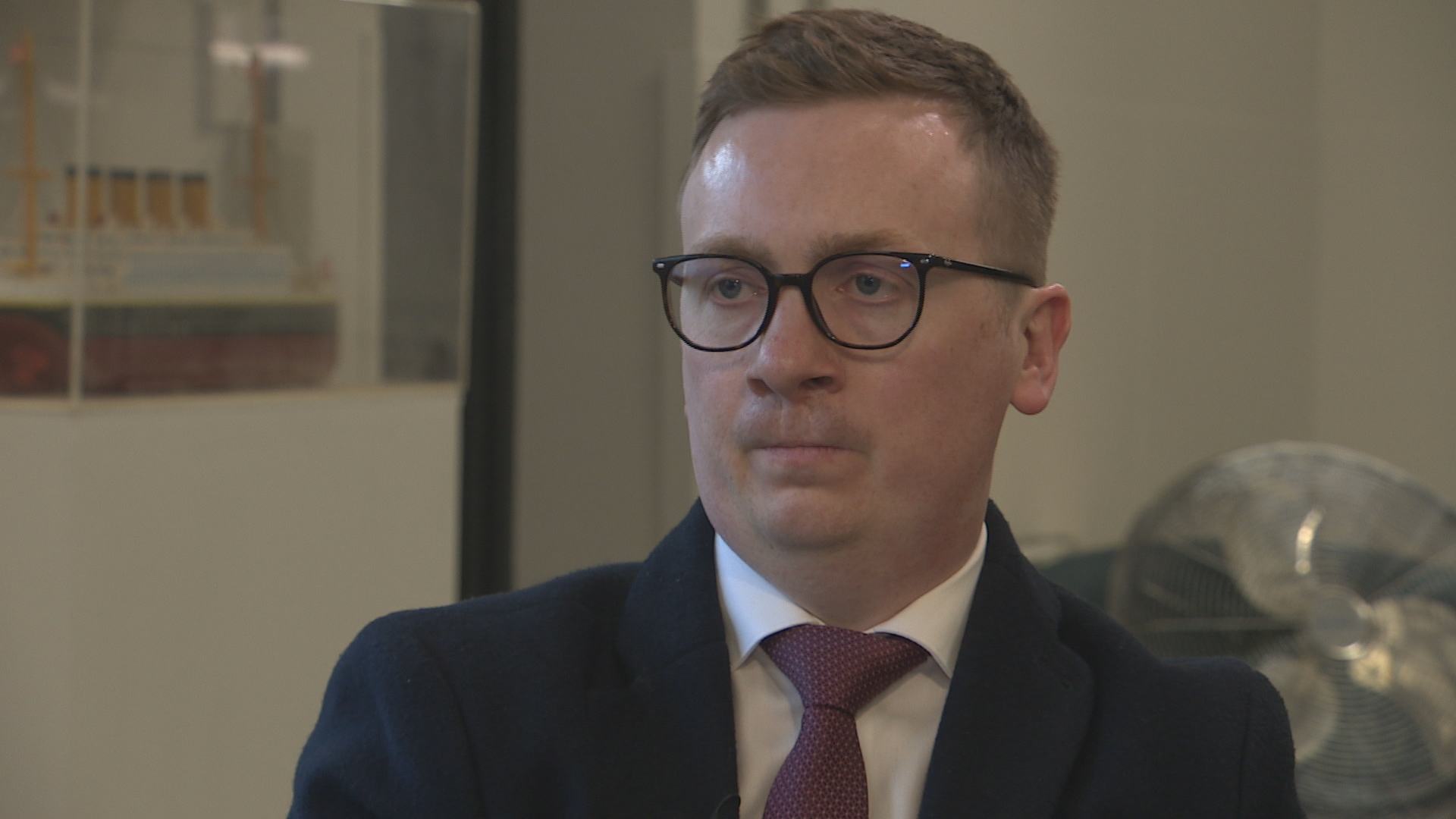 STV News
STV NewsHe said: “Everybody that comes into custody has different needs and different risks and actually that isn’t addressed by one single thing in a lot of cases, so employability has an absolute place that may be later down the line for some people.
“First of all, we need to get people to a point that they’re confident they’re able to engage the labour to get involved in things, and they’re able to articulate and express themselves. Guys in our care potentially haven’t been through schooling through their past, and they haven’t potentially been part of the workforce.
“So I think it’s an unrealistic expectation for us to bring them in and expect that they’re going into education and work five days a week, having never done that before.
“So it’s providing that structure to the day. It’s providing an opportunity to get involved in something different. It’s getting them ready. It’s a readiness to engage type programme.”
Watch the full report, Scotland Tonight: Rehabilitating Prisoners at 8:30pm on STV and the STV Player.
Follow STV News on WhatsApp
Scan the QR code on your mobile device for all the latest news from around the country



